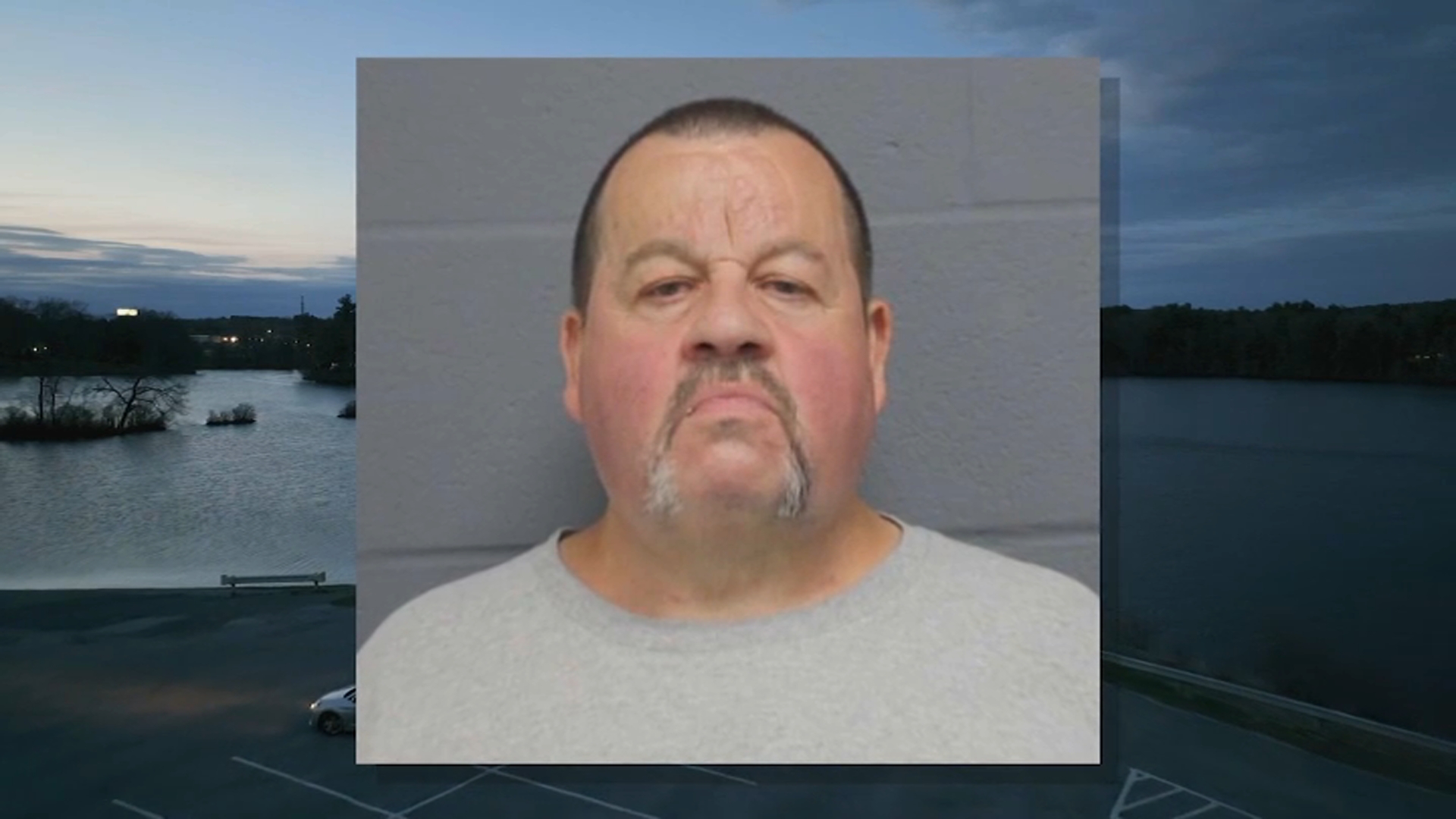On the last day of formal meetings for the year, the Massachusetts Legislature grappled Tuesday with unfinished business around issues ranging from clean energy to opioid addiction.
As the House and Senate returned to their respective chambers at midday, it was unclear how much of the pending legislation would make it to Republican Gov. Charlie Baker's desk by the midnight deadline.
Closed-door negotiations were continuing on several major bills that have cleared both chambers, but with key differences that needed to be resolved before a final vote could be taken. Among them was a wide-ranging economic development bill that would include a gift for shoppers: A reprieve from paying the state's 6.25 percent sales tax on most items during the weekend of Aug. 11-12.
House and Senate negotiators also were hoping to settle differences on major health care and education bills, as well as a measure originally filed by Baker last year that seeks improved access to addiction treatment and to increase the ranks of "recovery coaches," who help guide addicts through the process of recovery.
Negotiators did reach agreement Monday on a compromise energy bill that among other things calls for the state to increase its reliance on renewable energy sources by at least 1 percent each year starting in 2019.
Some environmental advocates complained the bill, which faces an up-or-down vote by lawmakers on Tuesday, doesn't go far enough.
"Lawmakers could have knocked it out of the park," said Ben Hellerstein, state director for Environment Massachusetts. "Instead, they only got a base hit."
Local
In-depth news coverage of the Greater Boston Area.
While the legislation would boost the state's commitment to clean energy sources such as offshore wind and support new energy storage technologies, Hellerstein said it would not undo restrictions on solar energy production that are holding back prospective solar projects in local communities.
Late Monday, the Legislature rejected Baker's bid to amend a state budget provision that calls for repealing the state's so-called "cap on kids." Under the policy, children who are born to parents already on welfare are denied additional benefits by the state.
Baker said lifting the cap without making other reforms in the welfare system would reduce incentives for welfare recipients to return to work. The governor must now decide whether to sign the original provision or veto it. His spokesman did not immediately return a message seeking comment.
Also on Baker's desk is a compromise bill approved Monday that would apply state and local lodging taxes to short-term rentals, such as those offered through Airbnb and other online platforms. The measure would also create what is believed to be the nation's first registry of short-term rentals.
"While we appreciate the Massachusetts Senate and House for their progress on home sharing policy and taxation, a public registry of our hosts sets a precedent that negatively impacts families who home share, and the state's reputation as a business leader," said Crystal Davis, a spokeswoman for Airbnb, in a statement.
Baker has 10 days to act on the bill.
The Legislature can continue to meet informally after Tuesday until the end of the year, but during that time can only act on measures that are completely unopposed.



